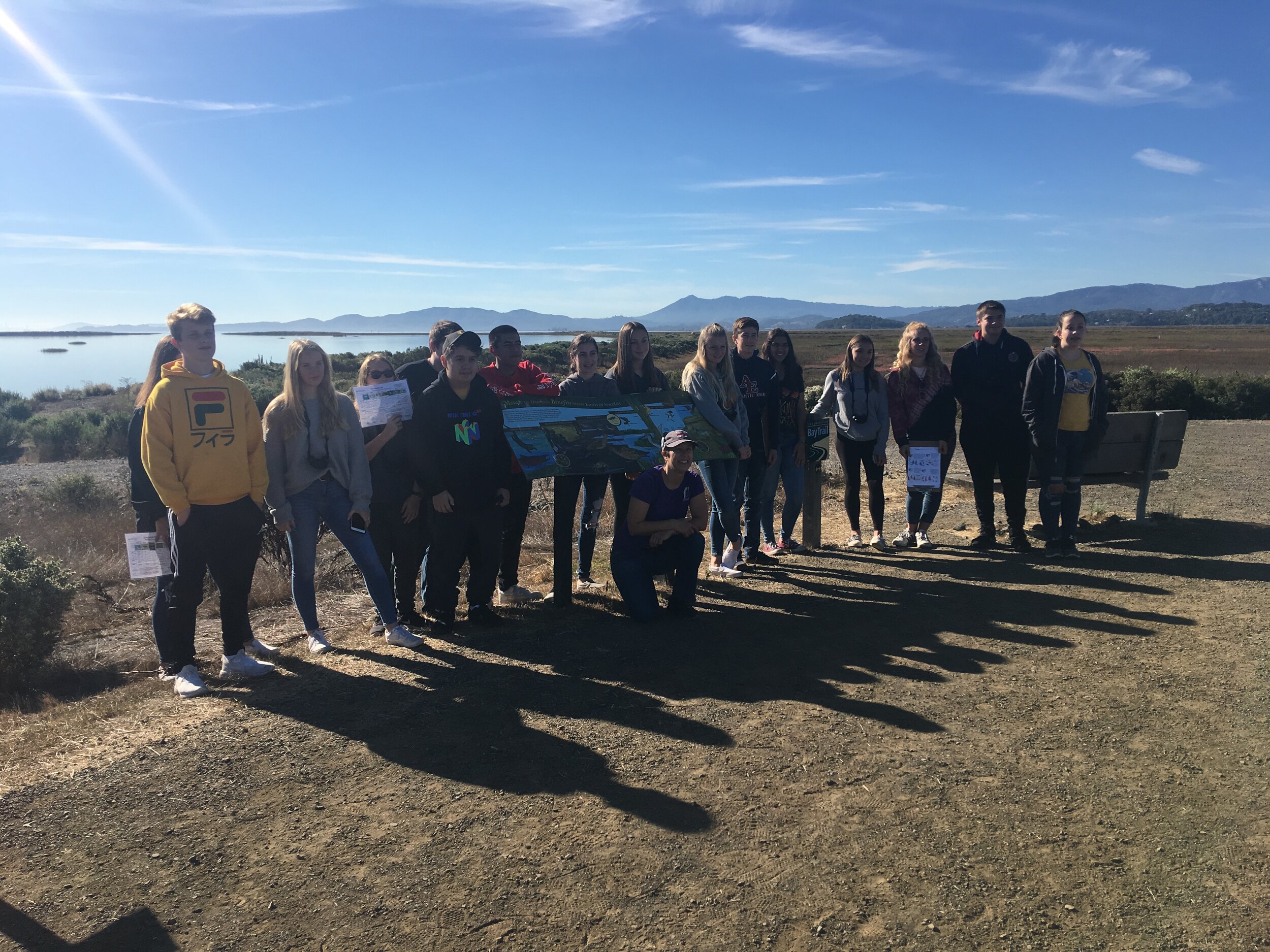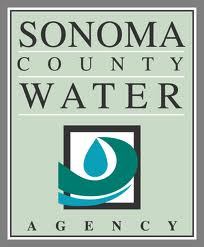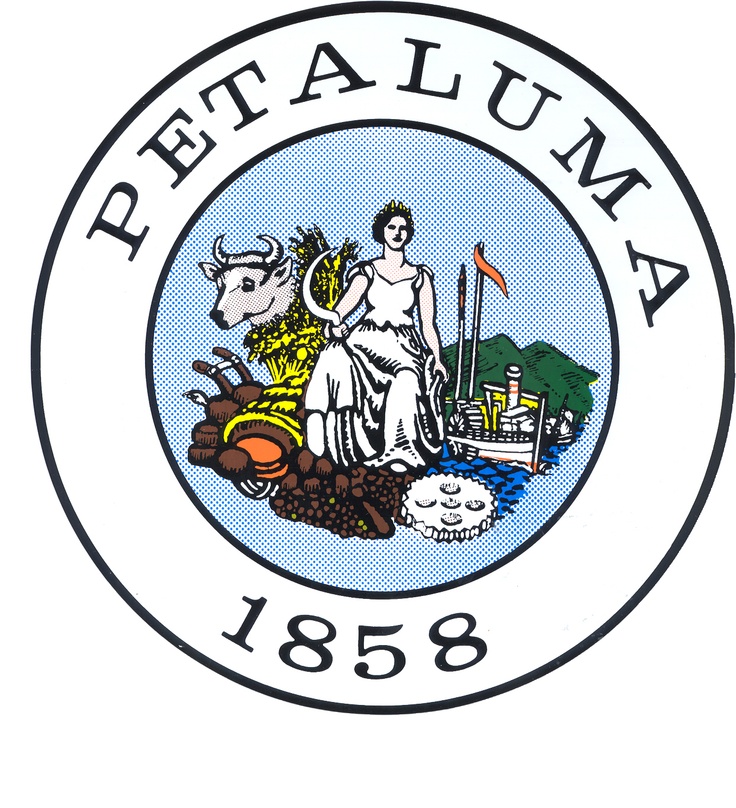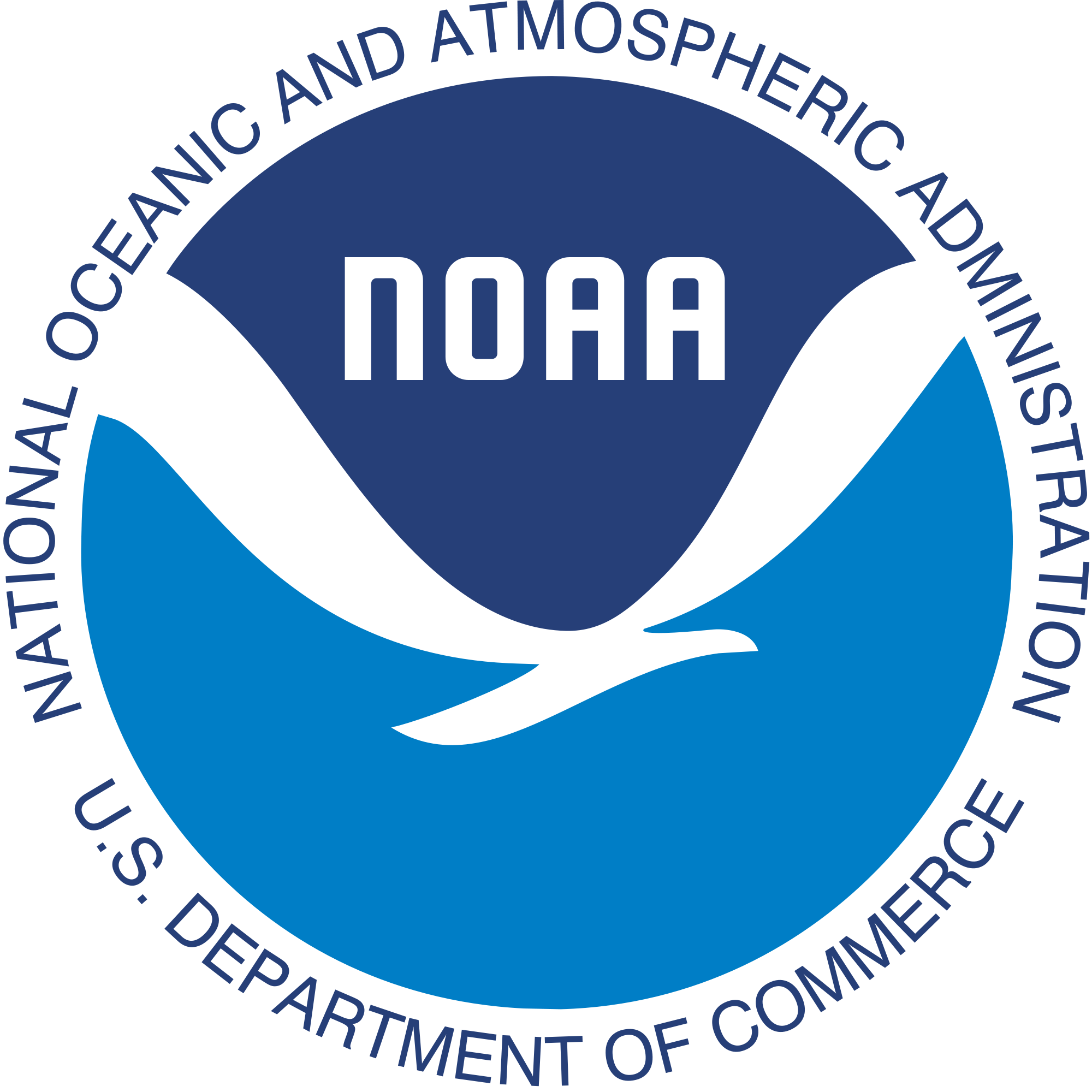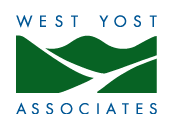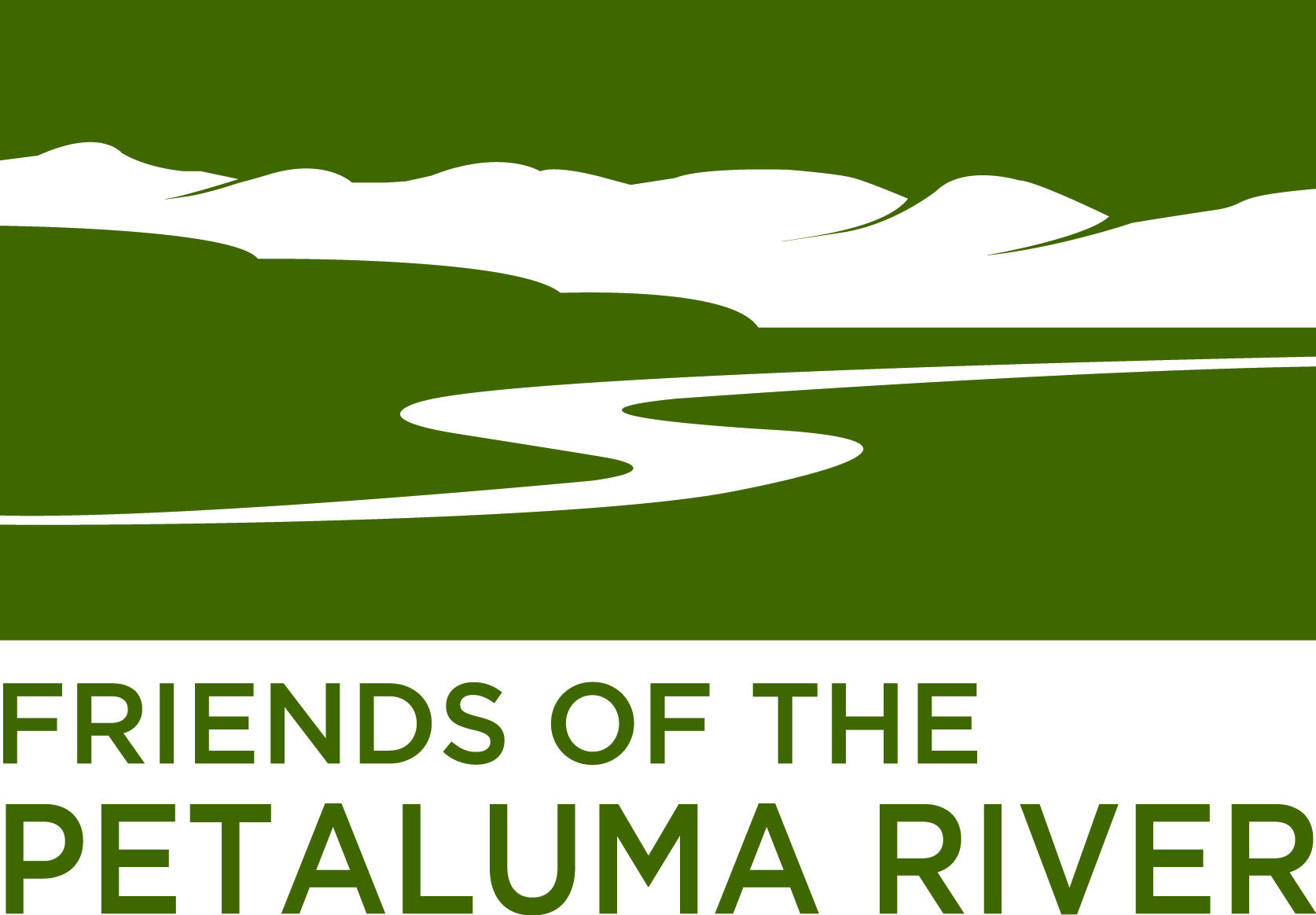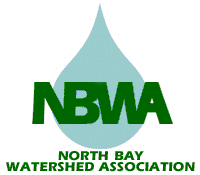A Few Favorite Environmentally Conscious Children’s Books
/After the long summer, students are all heading back to school. Reading together is a great way to promote open communication during this busy transitional time. A thoughtful selection of books can facilitate conversations about feelings, giving parents and children the opportunity to benefit from an honest, open discussion.
Books can also serve as a way to address current cultural topics and issues that children hear about, but are perhaps unsure of how discuss or understand. Currently fire’s rage in the Amazon rainforest, often called the earth’s lungs, and conversations about climate change are very prevalent. The fragility of our environment can be terrifying for adults, and for children it can be entirely overwhelming. Luckily, we have brilliant books that make environmental issues digestible for younger audiences and provide examples of positive change. Rather than being left with the fear of climate change, children can be empowered with realistic ways to help our environment.
The following booklist is rich with multicultural stories, fiction and non-fiction, that will allow for conversations about our environment, education, and feelings. Here is a selection of books that the Watershed Classroom and Friends of the Petaluma River love:
Chu's First Day of School, by Neil Gaiman
Ocean Life, by Jill McDonald
Seeds of Change: Wangari’s Gift to the World, by Jen Cullerton Johnson
Rachel Carson and Her Book That Changed the World, by Laurie Lawlor
My Life With the Chimpanzees, by Jane Goodall
One Plastic Bag: Isatou Ceesay and the Recycling Women of the Gambia, by Miranda Paul
Ada's Violin: The Story of the Recycled Orchestra of Paraguay, by Susan Hood
Anywhere Farm, by Phyllis Root
Here We Are: Notes for Living on Planet Earth, by Oliver Jeffers
10. The Water Princess, by Susan Verde
11. Compost Stew: An A to Z Recipe for the Earth, by Mary McKenna Siddals
12. Red Knit Cap Girl and the Reading Tree by Naoko Stoop
To find more suggested books visit School Library Journal, We Are Teachers, and New York Magazine, three of several websites that we reviewed while compiling our list.
